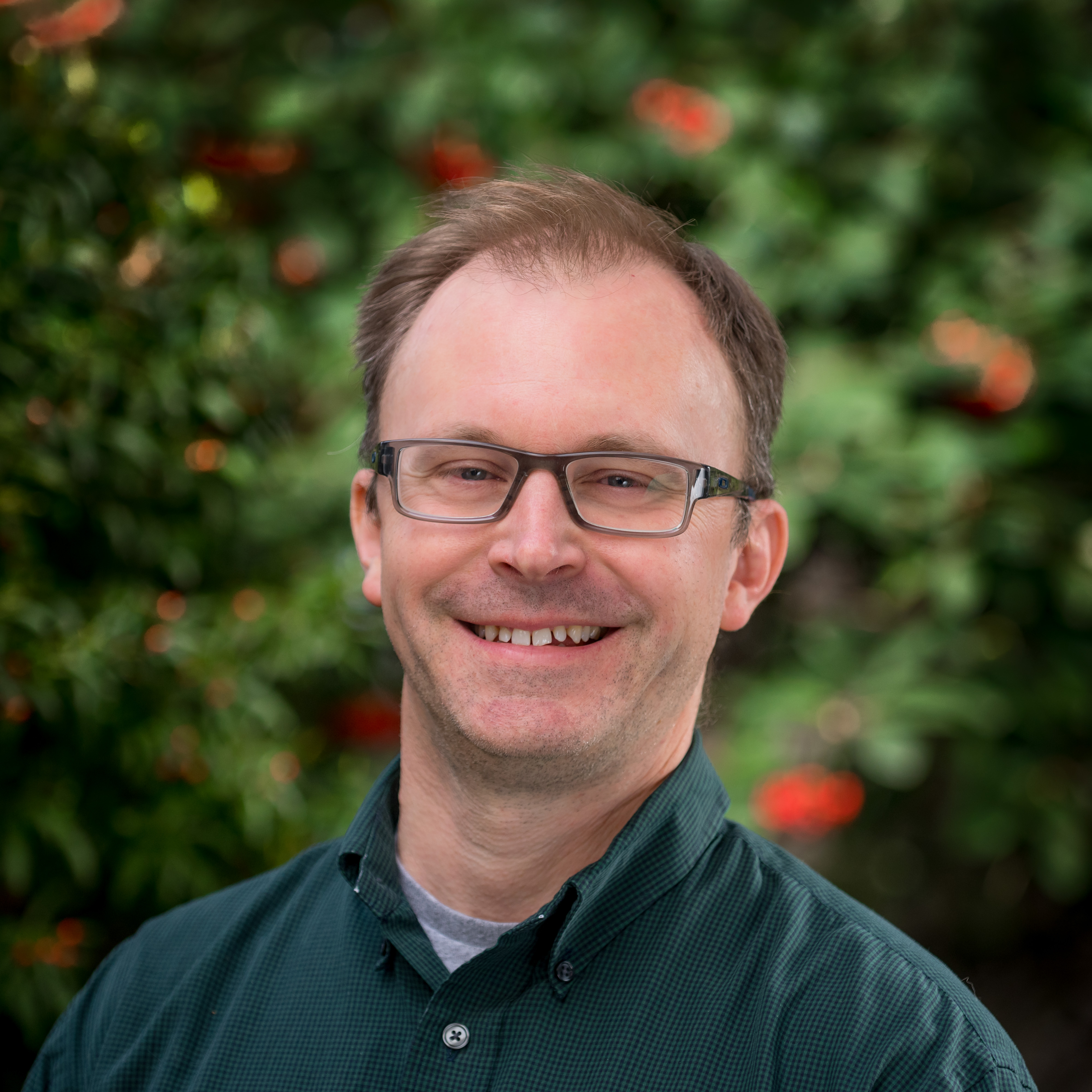
Jeff Parsons is a principal geomorphologist at Herrera with 20 years of experience working on the rivers, streams, and coastal shorelines of the Pacific Northwest. Jeff’s interdisciplinary approach to solving complex environmental problems is founded on his diverse background in civil engineering, geology, and oceanography. Jeff has managed several multi-million-dollar capital projects from feasibility through construction. Check out his advice to other environmental professionals below!
How has the industry changed since you started?
“Our industry is very cyclical. When I started, it was a relatively booming time, but it is not as resource constrained as it is now. In the PNW, the labor market, particularly for more senior restoration-type staff, is more constrained than I have ever seen it. I believe it will not stay that way, but it is different now.”
What has been your favorite project and why?
“My favorite project of all time was our work at Secret Harbor on Cypress Island. Most of our restoration projects must incorporate some level of human use/development. But in this case, we really had a blank canvas to restore natural processes. It is also an amazingly beautiful place. I am super excited about beginning a new project at Strawberry Bay, again on Cypress Island.”
Where do you see the industry going in the future?
“I have anticipated a huge push for more climate change planning and adaptation for my entire time in the business. And while we do more climate change work than we used to, the tidal wave has yet to come. But it will. Unfortunately, it will be more on the adaptation side because the effects predicted in the past will be realized.”
What’s the key to building good relationships with clients?
Be yourself. Some clients won’t like you, but that’s okay because other clients will. The more authentic you are with them, the better the connection you will have with them.
What skills are necessary to become an effective PM?
Being curious! Having a broad experience is helpful and key to understanding all the nuances of a project. Also get to know your coworkers, even the ones that are far from your field. Many people at Herrera have skills you would never imagine!
What do you consider to be your biggest professional accomplishment?
“My biggest professional accomplishment was winning the Straub Award. It is an international award for the best PhD thesis in hydraulics and hydrology in a given year. It’s not an award that most people, even in our industry, know about. But the scope of it (i.e., the entire world), makes it an accomplishment.”
How would you describe your management style?
“I learned how to be a manager in academia. There are many differences between academia and consulting. However, the academic focus on mentoring transcends both. It is also an aspect of management that is easy to get lost in the day-to-day busyness of consulting. But it is extraordinarily important.”
What advice do you have for communicating scientific or technical information to the public, organizations, or internal audiences?
“Focus on your audience. Good public communication is about understanding the needs and desires of your audience. Engineers and scientists easily lose sight of what someone less “into the weeds” might care about. In most cases, the simplest things are what is necessary to get across to a broader audience.”